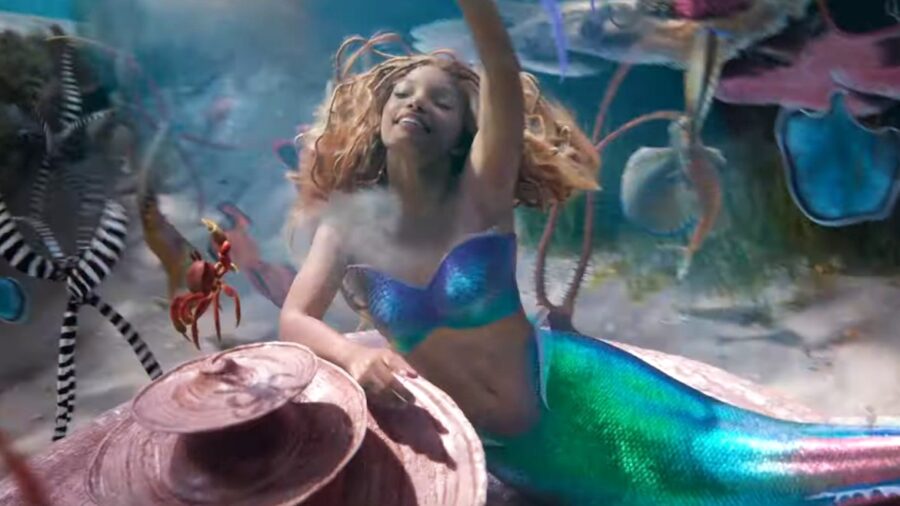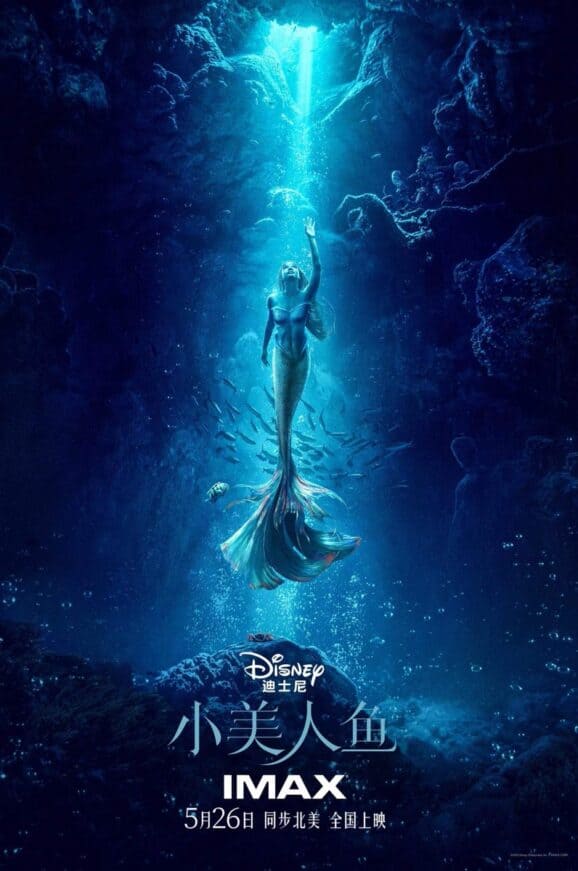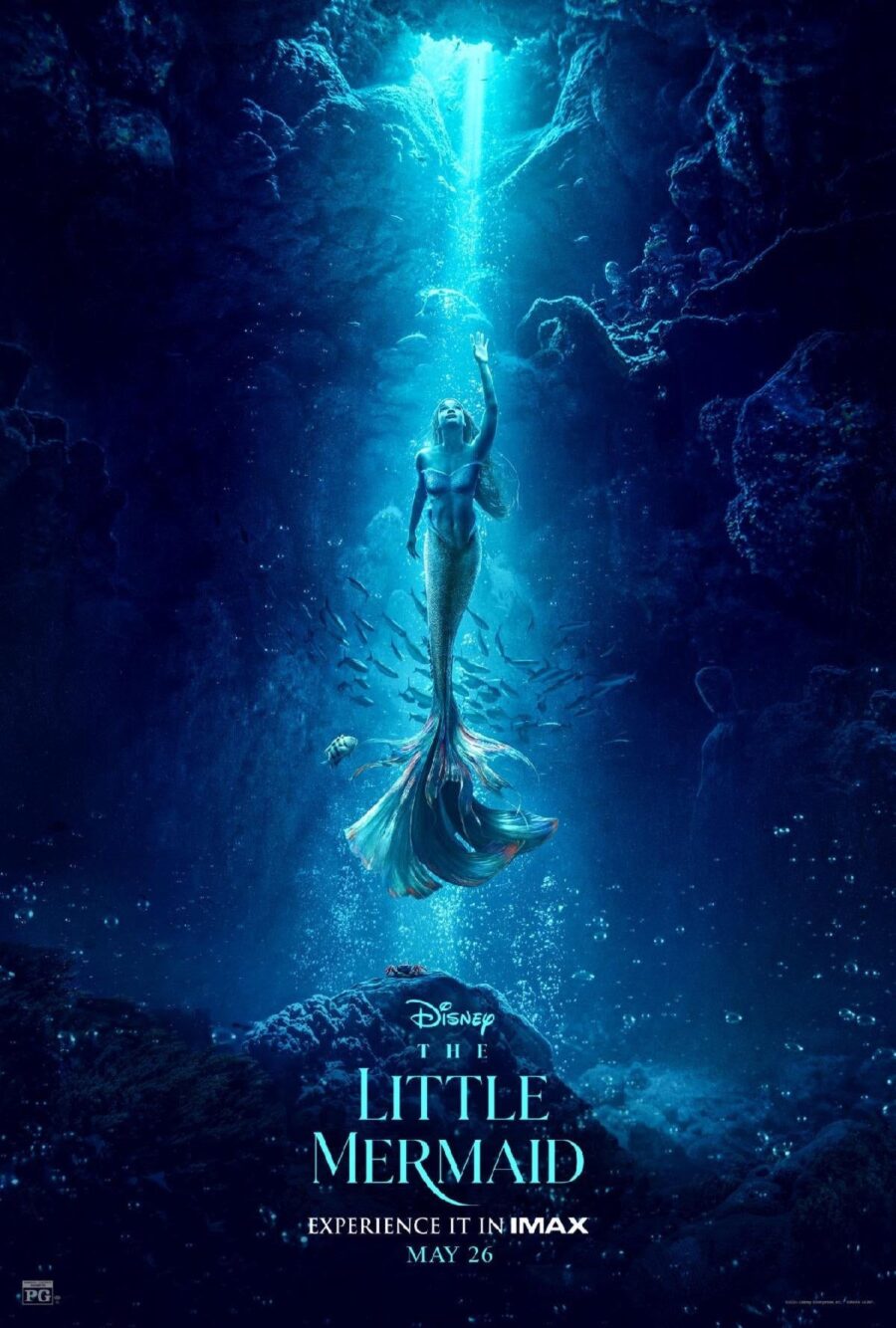Disney Is Whitewashing The Little Mermaid
Twitter users claim that the Chinese version of The Little Mermaid poster has whitewashed Ariel.

Disney has been accused of whitewashing promotional images for The Little Mermaid in China. Critics argue that the Chinese movie poster conceals the fact that Halle Bailey is an African American actress. Observers said they quickly noticed that the poster shows Ariel with lighter skin, altered features, and obscured hair, making it difficult to discern her race. See the different versions for yourself below.


This led to accusations of Disney perpetuating racism by obscuring the racial identity of The Little Mermaid’s lead actress. “Once again, Disney changed their marketing of a black character for China,” one person wrote on Twitter. “Weirdos call people commenting on aspects of the movie “racist,” yet Disney is doing something blatantly racist, but that’s OK! We truly live in a [clown world].”
Some expressed disappointment that Disney, a company known for championing diversity and inclusivity, would engage in such practices. Others were quick to point out their displeasure at a black actress being cast as a traditionally white character. “The main issue with Ariel’s incorrect casting still stands, nevertheless,” one person said.
Others noted that they couldn’t find any differences in the Chinese version of the poster.
The Little Mermaid controversy has drawn comparisons to a previous incident involving the Chinese promotional poster for Star Wars: The Force Awakens. The image of British actor John Boyega, who plays Finn in the movie, had been downsized on the Chinese poster. Other characters played by non-white actors were missing entirely, along with Chewbacca the Wookiee.
At the time, Chinese state media defended the poster, dismissing accusations of racism. According to their statement (via CNN), the alterations made to the poster were solely a promotional tactic intended to appeal to local audiences and generate interest in the film. Chinese state media emphasized that adapting promotional materials to suit the local market was common practice.
Much like The Little Mermaid, the movie poster for the Chinese release of Marvel’s Black Panther had a marked difference from the posters seen elsewhere. The image showed the film’s star Chadwick Boseman, in his Black Panther suit with his face covered by his superhero mask. The pictures for the Western release showed the actor without his headgear.
The controversy surrounding the Chinese poster for The Little Mermaid also prompted accusations of hypocrisy against Disney. The company has faced criticism for swapping historically white characters with actors of different ethnic backgrounds. However, in this instance, the decision to obscure Ariel’s race undermines the company’s commitment to diversity.
However, movie studios often change films significantly to cater to China. These alterations can range from minor edits, like The Little Mermaid poster, to special cuts tailored specifically for Chinese audiences. In some cases, this even includes reshooting scenes. These decisions are influenced by various factors, including the Chinese government’s ideology, strict censorship regulations, and the criteria for a film’s suitability for release.
Studios are motivated to accommodate China’s preferences to maximize regional box office sales. The Chinese government also has a track record of penalizing studios that address sensitive or controversial topics, making it imperative for movie bosses to adhere to the government’s guidelines. This practice highlights the complex dynamics between artistic freedom and the regulatory environment in the film industry.












